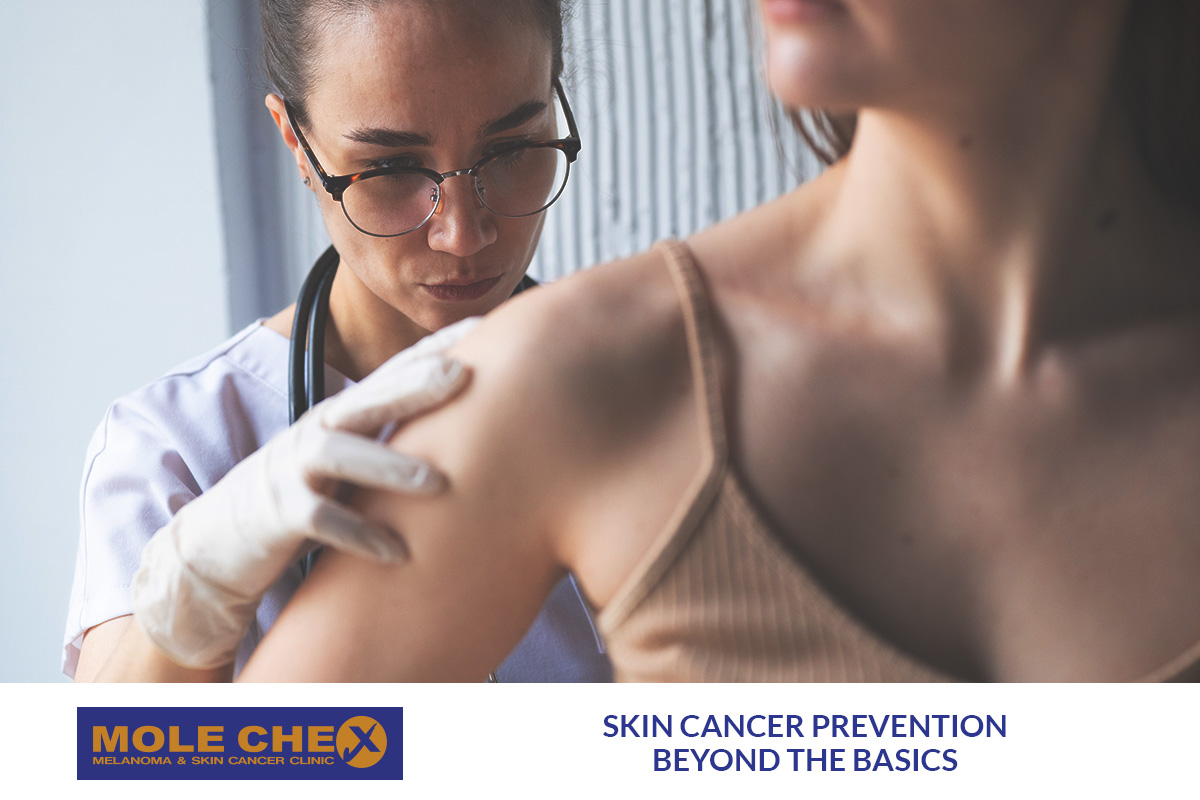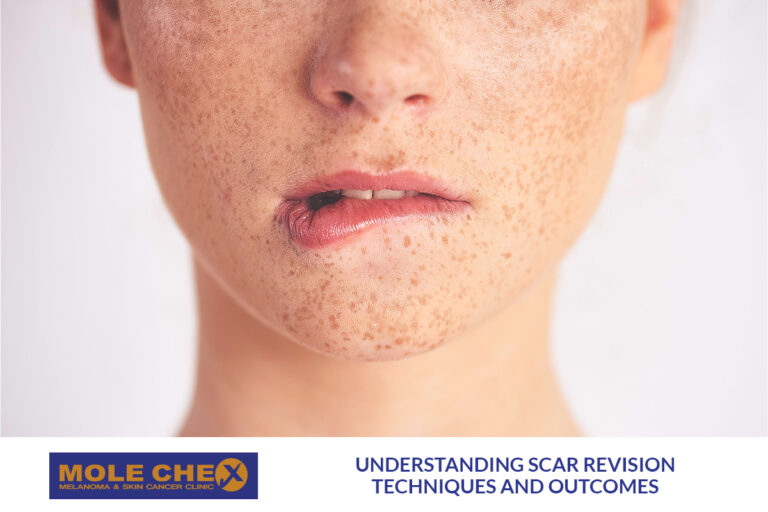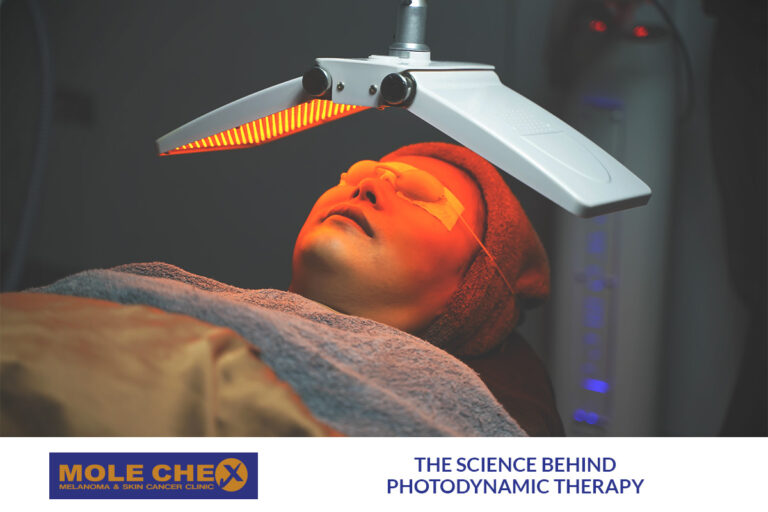Skin Cancer Prevention: Beyond the Basics

Skin cancer remains one of the most common types of cancer globally, but it is also one of the most preventable. While most people are familiar with the basic preventive measures such as using sunscreen and wearing protective clothing, there are additional, lesser-known strategies that can significantly enhance your protection against skin cancer.
Hence, this article delves into these advanced prevention techniques, offering a comprehensive guide to safeguarding your skin health.
Understanding Skin Cancer
Skin cancer occurs when mutations develop in the DNA of skin cells, primarily caused by ultraviolet (UV) radiation from the sun or tanning beds, leading to uncontrolled cell growth. The three main types of skin cancer are basal cell carcinoma, squamous cell carcinoma, and melanoma, with melanoma being the most dangerous due to its ability to spread rapidly to other organs.
Advanced Preventive Measures
While the cornerstone of skin cancer prevention is protection from UV radiation, several other strategies can be employed to further reduce risk:
- Broad Spectrum and Water-Resistant Sunscreen
Beyond using any sunscreen, it’s crucial to use a broad-spectrum sunscreen that protects against both UVA and UVB rays and is water-resistant. Apply a liberal amount (approximately one ounce for full body coverage) every two hours or immediately after swimming or excessive sweating. - Incorporate SPF into Daily Skincare:
Using daily facial moisturizers and lip balms with SPF can provide continuous protection, which is especially important for parts of the skin frequently exposed to the sun. - Seek Shade Strategically
The sun’s rays are strongest between 10 a.m. and 4 p.m. Plan outdoor activities outside these hours whenever possible, and when in the sun, use umbrellas or seek shade under trees to minimize direct sun exposure. - Wear Protective Clothing
In addition to wide-brimmed hats and sunglasses, clothing made from tightly woven fabric offers better protection against the sun. Nowadays, several brands offer clothing with an Ultraviolet Protection Factor (UPF), which indicates how much UV radiation a fabric allows to reach your skin.
Consistency is the key!
- Diet and Skin Cancer Prevention
Emerging research suggests that certain foods might lower the risk of skin cancer by protecting against UV damage. Foods rich in antioxidants, such as carrots, tomatoes, and other brightly colored fruits and vegetables, can provide an added layer of protection. Additionally, foods high in omega-3 fatty acids, like fish and flaxseeds, may also help reduce inflammation associated with sun exposure. - Regular Skin Examinations: Early detection of skin cancer increases the chances of successful treatment. Regular self-examinations and annual professional skin checks can help catch cancer early. Learn the patterns of moles, blemishes, freckles, and other marks on your skin so that you’ll notice any changes.
- Avoid Tanning Beds
Tanning beds emit UV rays that can increase the risk of skin cancer. The World Health Organization classifies tanning devices as carcinogens. Opt for self-tanning products if you desire a tanned look, but remember that these do not provide any UV protection. - Use Caution with Photosensitizing Medications
Some medications can increase your skin’s sensitivity to sunlight, potentially increasing your risk of sunburn and skin cancer. Common photosensitizing medications include certain antibiotics, anti-inflammatories, and antifungals. Consult with your healthcare provider about the photosensitivity of any medications you are taking.
The Role of Skin Doctor Consultations
As you know that regular consultations with a dermatologist or skin doctor are crucial in the fight against skin cancer. Furthermore, these professionals can provide:
- Expert Skin Evaluations
Dermatologists use specialized tools and techniques to thoroughly examine your skin for any signs of cancer. They can spot potential issues that may not be visible to the untrained eye. - Personalized Skincare Advice
Based on your skin type, family history, and lifestyle, skin doctors can recommend personalized advice that goes beyond general guidelines. - Early Detection and Monitoring
Regular visits allow for the monitoring of changes in your skin over time, crucial for catching skin cancer early. For individuals with a high number of moles or a history of sunburns, these visits can be lifesaving. - Treatment and Referral
If a potential skin cancer is identified, a skin doctor can perform or refer for appropriate treatments, from minor surgeries to manage less severe skin cancers to more involved treatments for advanced stages.
Conclusion
Preventing skin cancer goes beyond just applying sunscreen; it requires a comprehensive approach that includes both physical barriers and lifestyle changes. Regular interactions with a skin doctor enhance your preventative strategy, providing professional oversight and early intervention. By integrating these advanced preventive measures and medical expertise into your daily life, you can significantly enhance your protection against this common but preventable disease. Remember, the best defense against skin cancer is a proactive and informed approach to sun safety.
Note: Molechex offers various kind of skincare and skin cosmetics services performed by certified and experienced skin doctors. The article is for information purposes to expose possible treatment options anyone can opt for. This is not a medical opinion or advisory and any person opting for treatment should seek a professional’s advice before taking decisions, Molechex advices booking a consultation with skin doctor which help choose right treatments for the skin condition and individual health history.
Finally, if you’re interested, Molechex skin doctors appointments are available via Hotdoc. Book your initial consultation to get started with your skin rejuvenation journey.
Learn more by reading other articles :



